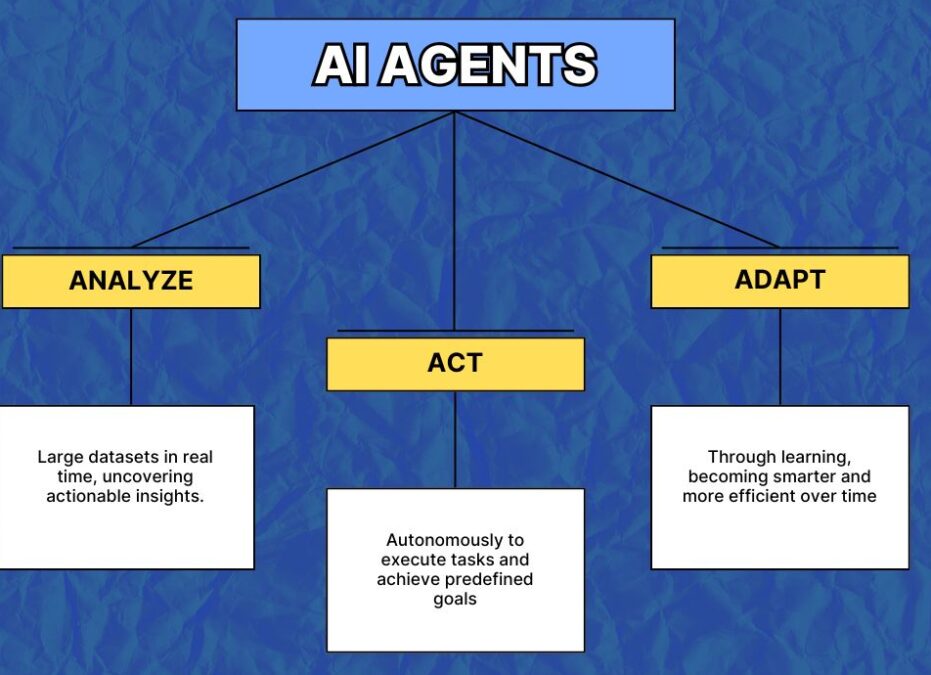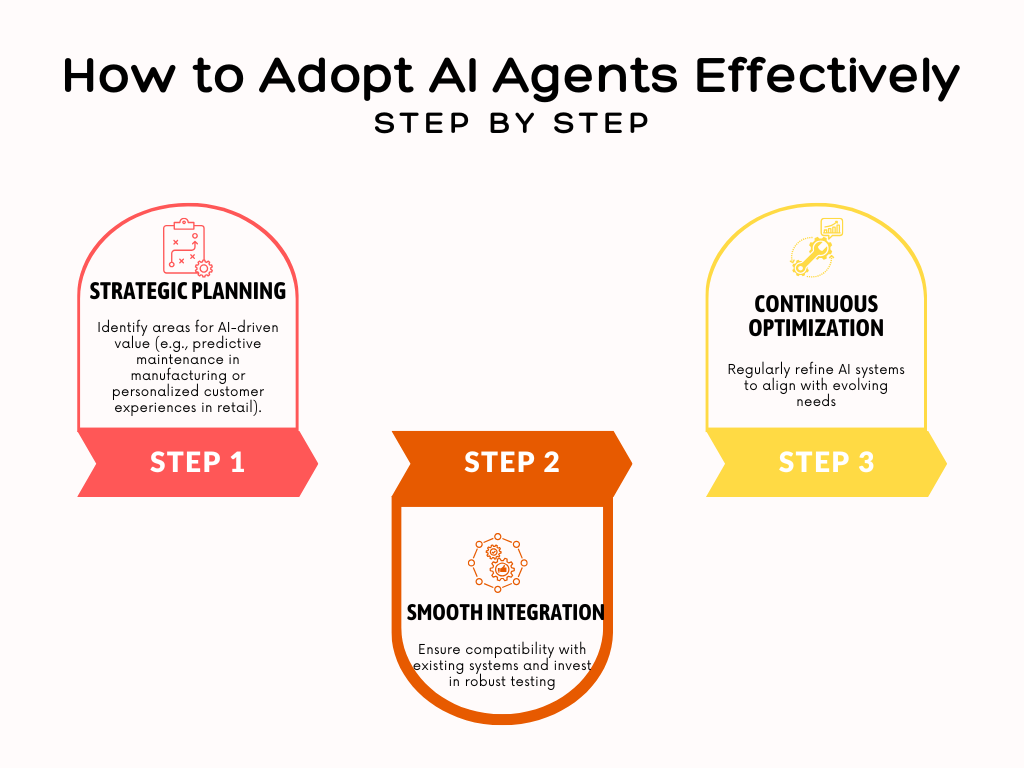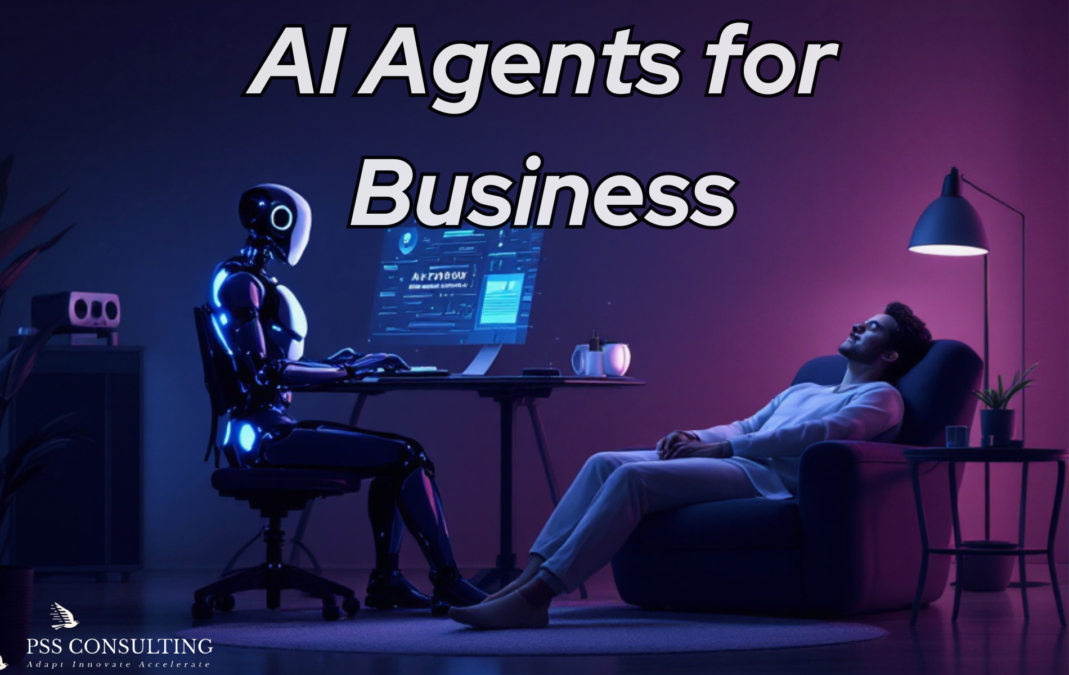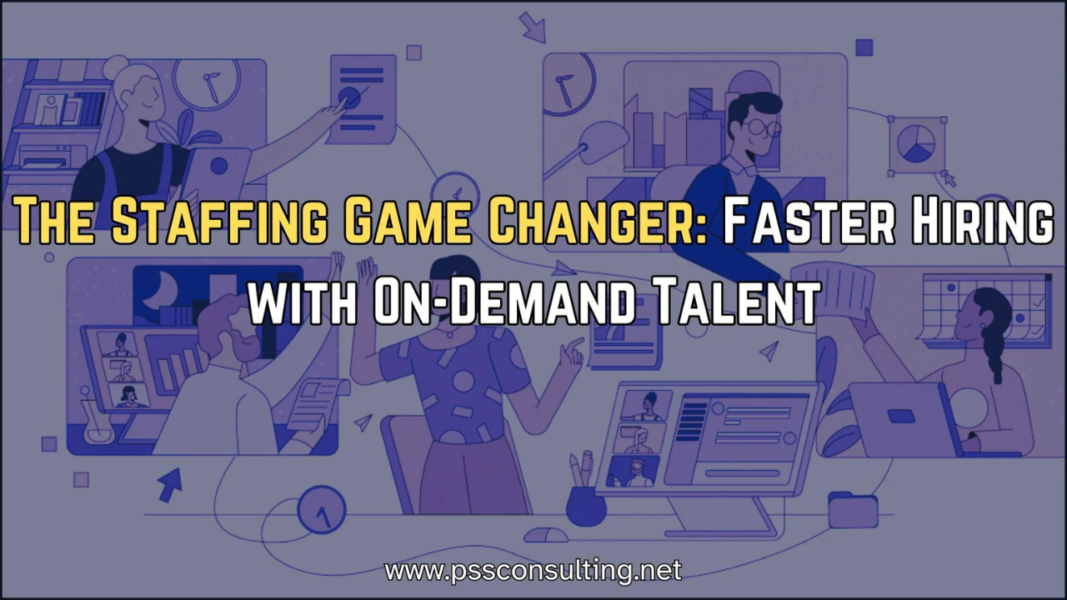The World Economic Forum’s (WEF) recent whitepaper, “Navigating the AI Frontier,” highlights the transformative potential of AI agents across industries. These autonomous systems are revolutionizing efficiency, decision-making, and innovation while addressing critical governance and ethical challenges. Below is a summary of the most impactful takeaways.
What Are AI Agents?
AI agents are intelligent, autonomous systems designed to interact with their environment to achieve specific goals. They process vast amounts of data, learn from it, and execute decisions with minimal human intervention. For instance, in retail, an AI agent might analyze customer purchase histories to recommend products in real-time, while in manufacturing, it could predict equipment failures and schedule maintenance to avoid downtime. These practical applications demonstrate how AI agents are reshaping workflows, enhancing decision-making, and revolutionizing the way businesses operate.

Key Benefits of AI Agents
The World Economic Forum’s report highlights three transformative benefits of AI agents across industries:
1) Automation & Efficiency
AI agents streamline operations by automating repetitive and resource-intensive tasks. For instance:
- In supply chain management, AI agents predict demand, optimize inventory, and reduce delivery delays.
- In data analysis, they process vast datasets rapidly, providing actionable insights that would otherwise require significant human effort.
This efficiency reduces costs, enhances productivity, and eliminates the risk of human errors in mundane tasks.
2) Enhanced Decision-Making
AI agents empower decision-makers by offering precise, real-time insights. Examples include:
- Finance: AI agents detect fraud by identifying unusual patterns in transaction data, enabling real-time risk mitigation.
- Healthcare: These systems assist in diagnostics, suggesting accurate treatment plans based on patient data, and help hospitals optimize resource allocation, such as bed management and equipment usage.
By delivering faster, data-driven insights, AI agents improve decision quality and outcomes across industries.
3) Improved Customer Experiences
AI-powered tools like chatbots and recommendation engines transform customer interactions.
- In retail and e-commerce: These systems offer personalized support and product recommendations, helping customers find what they need effortlessly.
- In customer service: AI agents handle queries instantly, improving satisfaction and reducing response times.
By enabling businesses to anticipate and address customer needs proactively, AI agents build loyalty and elevate the user experience
The Three Pillars of Successful AI Agent Adoption
Adopting AI agents effectively requires more than technology; it demands strategic foresight. The WEF report identifies three essential pillars:
1. Strategic Planning
Focus on high-impact areas like real-time analytics in finance or personalized customer experiences in retail. Thoughtful planning ensures measurable results.
2. Seamless Integration
Align AI systems with existing workflows, train teams, and conduct thorough testing. This minimizes disruptions and accelerates ROI.
3. Ongoing Evolution
Continuously monitor, refine, and scale AI agents to adapt to changing needs. Regular optimization ensures sustained growth and innovation.

Emerging Trends in AI Agent Development
The WEF report highlights several transformative trends redefining the role of AI agents in various industries:
Multi-Agent Systems (MAS):
Collaboration between AI agents is enabling them to tackle intricate challenges. For instance, in smart cities, multiple AI agents can coordinate to manage traffic flows in real-time, reducing congestion and improving urban mobility. Similarly, in decentralized logistics, these agents can optimize supply chain operations, ensuring timely deliveries and cost efficiency.Increased Autonomy:
Advanced AI agents are evolving to independently plan and execute tasks without human intervention. This opens new possibilities in industrial automation, such as fully automated production lines, and urban development, where agents could manage energy grids or infrastructure projects efficiently.Ethical Governance:
As adoption grows, businesses are prioritizing responsible AI usage. For example, 54% of organizations are actively creating governance frameworks to ensure AI systems remain transparent, ethical, and accountable. This includes measures like bias reduction, data privacy protocols, and clear decision-making processes to build trust with stakeholders.
How PSS Consulting Can Help
Adopting AI agents can be transformative, but success requires the right expertise. PSS Consulting specializes in guiding businesses through the complexities of AI adoption with tailored solutions and a network of world-class Fortune 500 consultants.
What We Offer
Customized Strategies: We pinpoint high-impact opportunities, from automating workflows in manufacturing to delivering personalized customer experiences in retail.
Seamless Integration: Our team ensures AI systems integrate smoothly into existing workflows, minimizing disruptions and maximizing ROI.
Continuous Optimization: We provide ongoing support to refine and scale AI solutions, keeping your business aligned with evolving needs.
With access to a global network of industry-leading consultants, PSS Consulting brings unparalleled expertise and insights to help you achieve measurable, sustainable results.
Ready to Transform Your Business?
By partnering with PSS Consulting, you’ll gain the expertise and resources needed to turn AI potential into tangible business success.




